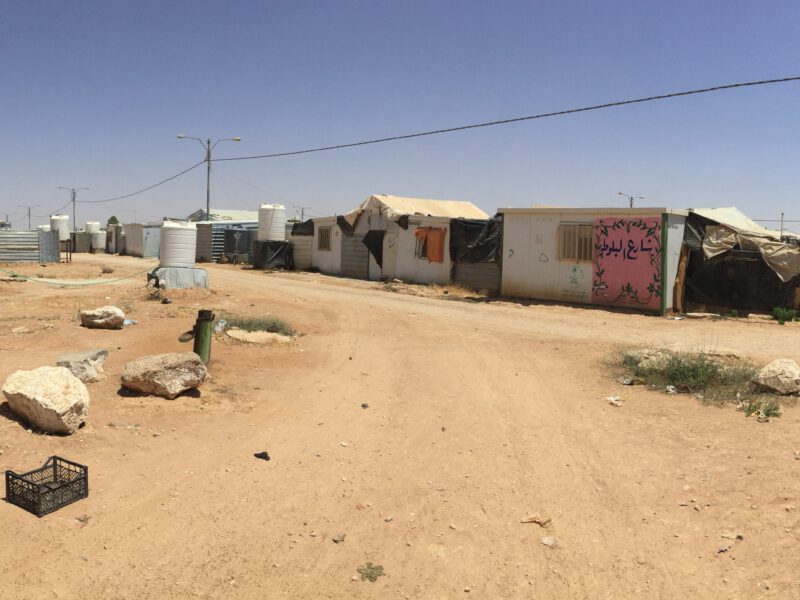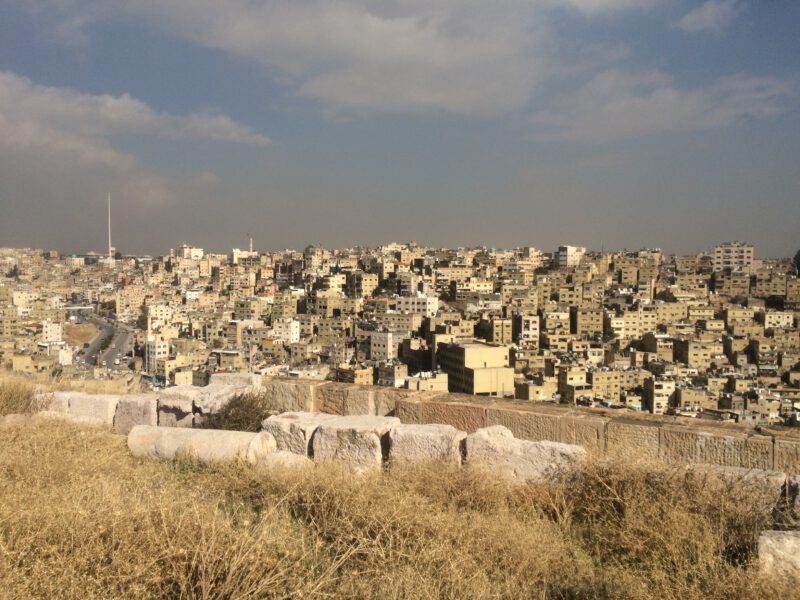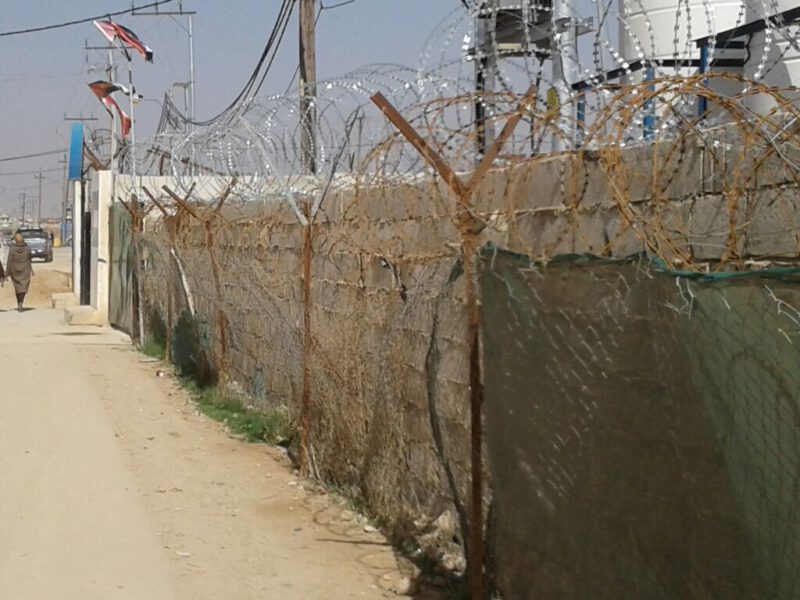 This week the Smart City Event of Amsterdam was held in the Arena in Amsterdam. Together with Joost Brinkman of Accenture I was one of the keynote speakers on the event.
This week the Smart City Event of Amsterdam was held in the Arena in Amsterdam. Together with Joost Brinkman of Accenture I was one of the keynote speakers on the event.
As I explained in my last weeks? post, the transformation towards a Smart City is a complex task. Transform, our project, deals with the energy component of smart cities and is, as I experienced, a great challenge as well.
The challenge is immense, because energy infrastructure, consumption and production are changing rapidly and the number of involved stakeholders is growing as well. Moreover, it is difficult because there is, for instance:
- a growing bottom up influence because citizens buy their own PV panels and start producing,
- the result is that there is no single leader on the grid any more,
- due to privatization top down approach is gone,
- the technical performance of infrastructure is changing and will keep changing in the future,
- electrical demand is rising due to the increased cooling in buildings en a growing number of electrical vehicles,
- wind energy is influencing the price and the investments of old school carbon based energy production,
- prices of energy are volatile the last decade. and so on.
Do we have simple, single solutions?
NO!
This is why TRANSFORM?s focus is on methods and tools.
To support the change towards Smart Energy Cities (SEC), TRANSFORM designs methods and tools to help cities in their process of transformation. I would like to give you some examples.
- Cities are designing their energy atlas. The Amsterdam Atlas has been launched last month, with 900 website hits on the first day. This feels good and we hope industry and citizens will use the information (open data) to build new business and boost transformation. If you are interested, visit the website: Maps Amsterdam.
- Accenture and AIT, partners of TRANSFORM, are working hard, together with the cities, to build and launch the Decision Support Environment. An interactive web based tool to support stakeholders in building their business cases together. Massive Data is used to support decision making.
- TRANSFORM designed a method to discuss transformation on a local scale. We call it the Intensive Lab Session (ILS) where stakeholders meet to discuss sustainable energy transformation. Our first three ILS meetings in Hamburg, Copenhagen and Amsterdam were successful. In the coming months, Transform organizes ILS meetings in Genoa, Lyon and Vienna as well. See for more information: Roadmap.
- In the next months we will focus on the Transformation Agenda in all our cities which will be presented later.
- And last but not least, we work on a program of dissemination. More information about this subject will be provided later on our website.
Smart city development is not about simple and single solutions but it is about collaboration, about working together and about taking action. What is your opinion about smart city development, complex projects and focusing on methods and tools?
Join us in our discussion on the website: Transform.
also posted on: Urbantransform.eu



